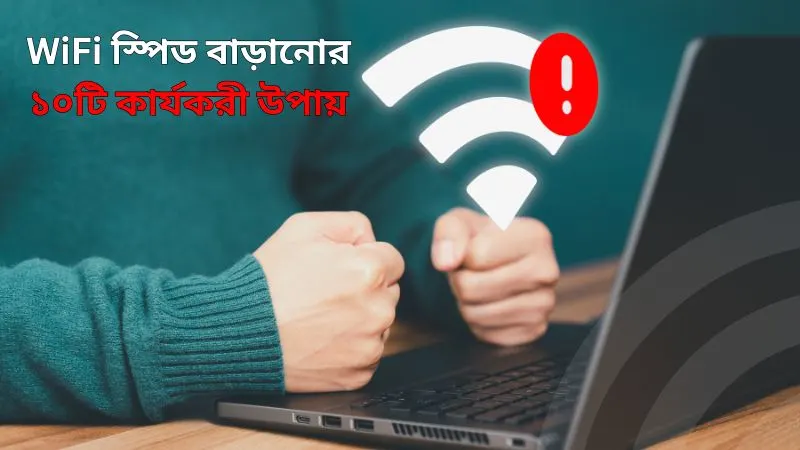Online Shopping Safety tips

Online Shopping Safety tips:
The Internet has made it easier than ever to shop. You can buy just about anything and have it shipped to your door, but you need to be careful. If you're not, you could end up with a scammer's fake product or worse—your bank account could be drained by fraudsters!
Here are some tips for staying safe while shopping online:
Research the site's reputation:
The first thing you should do when shopping online is research the site's reputation. This means looking at reviews, checking out the company's history and customer service reputation, and making sure it isn't a scam or fraud. You can also check whether the website is a phishing site by using Google's Safe Browsing tool.
Look for credibility indicators:
A company's credibility is often reflected in the information they provide its customers. A company may post a privacy policy, which is a legal document outlining how they will use your data and protect you from potential misuse of that information. It's also important to look for signs that they are using secure connections (HTTPS) and have third-party seals of approval that indicate they are PCI compliant or accredited by the Better Business Bureau.
Look for security indicators:
Look for the lock icon in the address bar. This indicates that your connection to a website is secure. If you see this, it means that the site has been encrypted and your information is protected.
If you can't see the lock icon, look at the URL of the website and make sure it starts with https:// instead of http:// (the "s" stands for "secure"). This means that your connection is encrypted and secure; visit Google's guide for more info on how websites are secured.
Research the seller's reputation:
When you're shopping online, it's important to research the seller to make sure that they are legitimate. You can do this by looking at their website, social media accounts and reviews. You should also check for their business license and whether or not they have a secure web page (look for HTTPS in front of the URL).
You should also closely examine what payment options are available on the site: if a seller only accepts cashier’s checks or money orders, there is a good chance they could be fraudulent. Additionally look at their return policy—if something goes wrong with your order and you need to return it, how easy will it be? Look for clear shipping information as well; many scammers will try to get away with vague descriptions about shipping costs and methods so that you don't notice how much extra money is being charged until after you've already paid them off.
Make sure your computer is safe before shopping online:
Here are some tips:
Update your operating system and web browser. These are two of the most important things to keep up-to-date on your computer. With an updated operating system, you can be sure that any security holes or vulnerabilities in a program have been patched and won't allow hackers to break into your machine. Updating browsers will help ensure that malicious websites cannot use outdated versions of the software as a way of gaining access to private information such as passwords or credit card numbers. It also ensures that when using certain payment processors like PayPal, they'll recognize your device as one associated with their website (and not one associated with nefarious activities)
Update anti-virus and malware software on your computer regularly:
once per week at minimum is recommended by experts in the field—but more frequently if you're accessing sensitive information online like banking credentials or medical records because criminals may try to steal data from computers they know have been compromised (or "infected"). Finally—and this may seem obvious but sometimes people don't think about it—make sure what's going onto your personal devices isn't infected before plugging them into networks where other users' equipment might become compromised too!
Be suspicious of unsolicited emails:
You should be suspicious of unsolicited emails. If you receive a suspicious-looking email, do not open any attachments or click on any links in the body of the email.
Never give out your personal information to anyone online unless you are sure that they are who they say they are and that they have a legitimate reason for asking for it.
Don't click on links from unknown senders:
When you get an email, look at the sender's email address carefully and make sure it's correct. Don't click on a link if you're not 100% sure of the sender's identity or if they've sent you something that looks suspicious.
Also be careful of emails with strange domain names (i.e., outlookhotmailcom) or strange subdomains (i.e., hotmail-outlook). If you receive an email with any kind of variation along these lines, don't open it as there could be malware attached to these emails which will infect your computer when clicked upon.
Keep software up to date:
The safest way to browse online is with the latest version of your browser and operating system. If you are running an older version, it may be vulnerable to attack. Most programs will automatically check for new versions, but you can also manually check by going into the settings menu or control panel on your device.
If a deal looks too good or too low to be true, it probably is!
You have to be careful and check out all the information before you make your purchase. If something sounds too good to be true, it probably is.
Use caution when shopping online to avoid scams and fraud.
If you're shopping online, here are some tips to help ensure your personal information stays safe:
Be suspicious of unsolicited emails or texts:
Don't click on links from unknown senders. If you receive an email that seems suspicious, do not open it! Some types of malware are designed to look like official emails from well-known companies or organizations in order to trick users into opening them by making them seem legitimate. The safest way to check if an unknown email is actually from a company is to go directly to the source and look for yourself (for example, search "John Smith's Bank").
Keep software up-to-date. Many cyber attacks rely on outdated software having security holes that hackers can exploit; so make sure all apps installed on your phone are updated regularly with the latest security patches. This includes antivirus/antimalware programs as well as operating system updates from Apple or Google (Android).
Conclusion:
Remember, the more you know about safe shopping, the safer your online ventures will be.
Apanhat.com is working for safe online shopping...



















